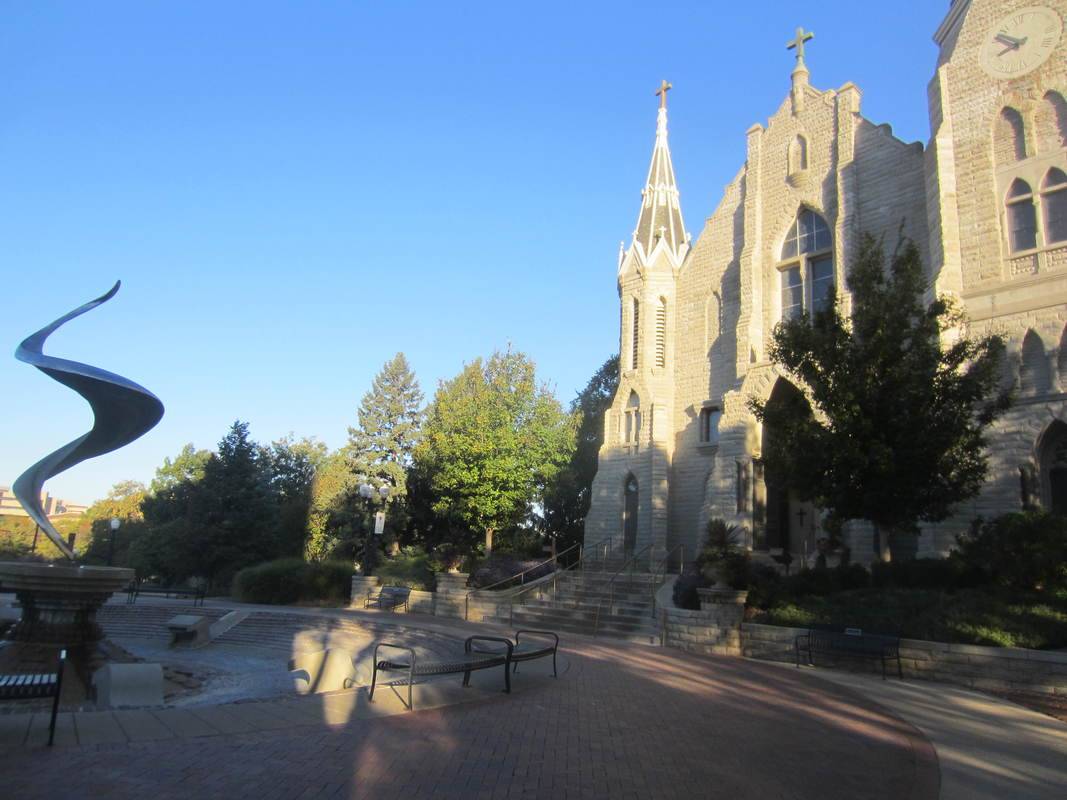The decline is much more serious in some Midwestern colleges and universities. At the University of Iowa, overall international enrollment this fall (2017) was 3,564, down from 4,100 in fall of 2015. Iowa primarily lost Chinese students.
The University of Central Missouri experienced a sharp decline this year in students from India. In the fall of 2016, the Warrensburg, Missouri, university had 2,638 international students. This fall (2017) it has only 944 international student. It's a big financial impact on the university.It’s a mix of factors. Concerns around the travel ban had a lot to do with concerns around personal safety based on a few incidents involving international students, raise in hate crimes, crimes against foreigners, and a generalized concern about whether they’re safe. Another reason for the decline is increasing competition from colleges and universities in other English-speaking countries, such as Canada, Britain and Australia. Read more here.
On a separate note, it became increasingly difficult to get approval of the Change of Status from B2 visitor to F1 foreign student through USCIS (for those prospective student who arrived in the United States as visitors or tourists). Processing times increased by many months, which results in students being too late to start the semester, losing their status and wasting time and money.
Since September 1, 2017, a new 90-day rule took effect (90 days fraud or misrepresentation rule), which also affected those applying for a change of status: with long waiting time, students are expected to wait at least 90 days before they file an application for a change of status. (We posted about 90-day rule here and here ).
In summer 2017, DHS announced their intention to change the rules to require foreign students to re-register with USCIS every year, which will make study in the USA more expensive, cumbersome, and unnecessarily complicated.
As a result, the best option for many students is to apply for a F-1 student visa abroad at the U.S. embassy or consulate in their home country. There is always a risk of denial and no visa can be guaranteed, however, at present time (2017-2018), a bona fide student with sufficient funds and ties to his home country stands a better chance of approval through consular processing rather than applying for a change of status through USCIS Department of Homeland Security.



 RSS Feed
RSS Feed